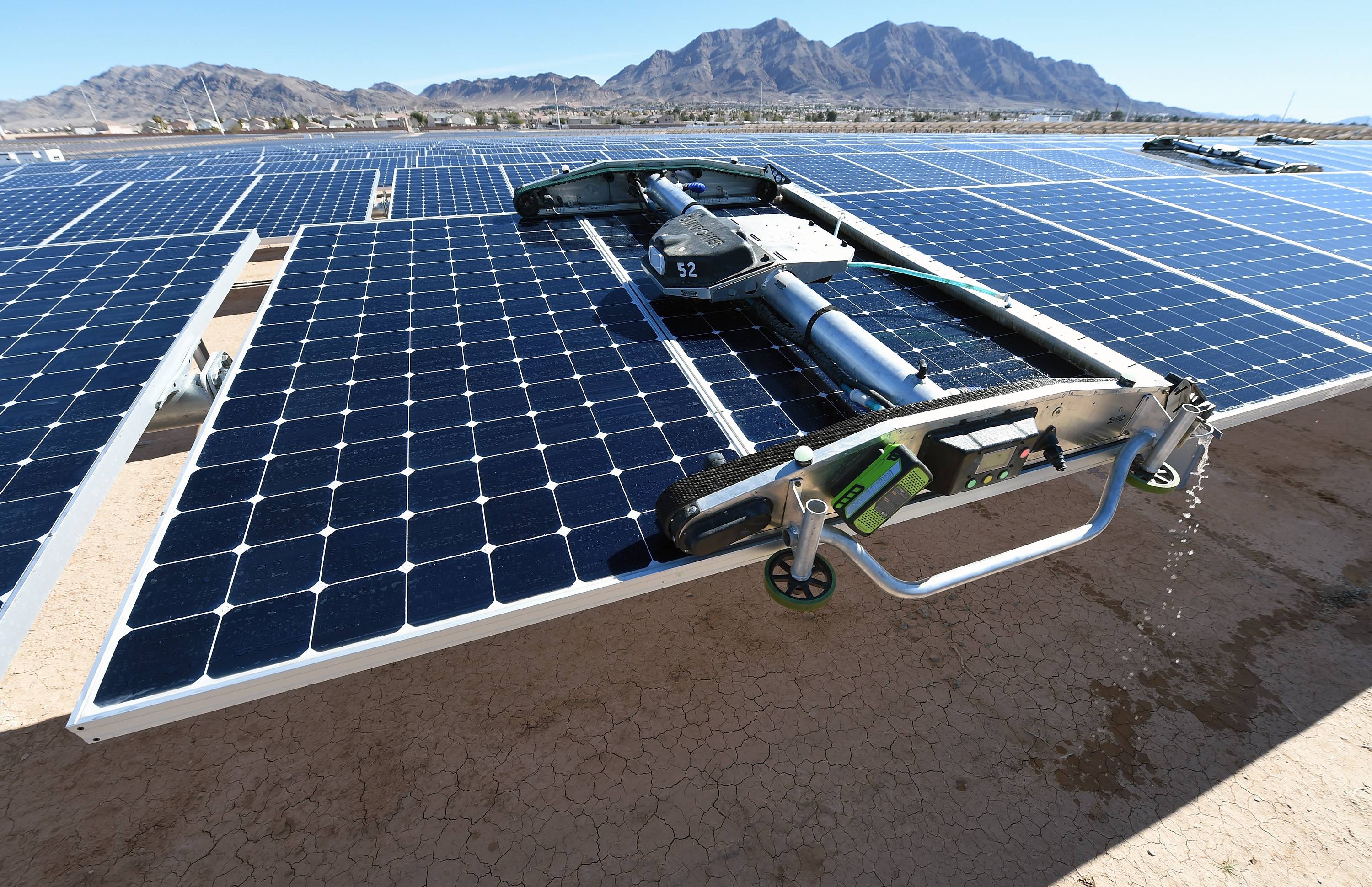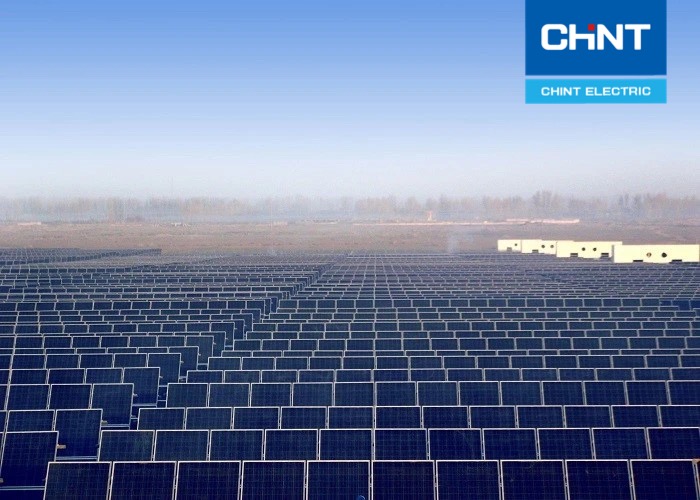
It is possible to go solar on your New Hampshire house by knowing a few things. Learn more about the cost of solar panels and how they work, as well as leasing options and tax credits. These facts will help to decide if solar power is right for you. Be sure to review the regulations when installing solar panels.
Cost of solar panels in New Hampshire
New Hampshire is not the only state that offers financial incentives for homeowners who invest into solar energy systems. With the federal tax credit, residents can save up to 30% on their solar equipment. In addition, local tax incentives can save homeowners thousands of dollars on their solar installation. To find out what incentives are available in your region, use the solar panel calculator.
The price of solar installations varies depending upon the size of both the system and the home. You can use a solar calculator to get an estimate of the cost of your system and compare prices from local solar installation companies.

Period of payback
Solar panels' payback time is an important factor in deciding whether they are worth the investment. The basic calculation involves dividing total cost by expected annual production. You will need additional information to accurately calculate the payback. Many solar contractors will give you a spreadsheet that pulls information form multiple sources.
The sale of excess energy can bring in additional revenue, as well as lowering your electric bill. New Hampshire's government created net metering, which is a rebate program. In this program, solar energy is sent to the utilities grid. The utility company then receives this energy and credits your electric bill.
Leasing options
New Hampshire leases solar panels have many advantages. The best part is that you can enjoy all of the energy savings straight away without having to pay any interest. Additionally, you will receive the Federal 30% credit on your energy bills. The 100%-free consultation is for those who are considering installing solar energy in their homes.
You should understand both the pros and cons of buying and leasing before you make a decision. Purchase solar panels can be more costly and require a larger upfront payment. Leasing, on the other hand, requires little to no money down, and you can also take advantage of tax credits, rebates, and potential profits.

Tax credits
New Hampshire tax credits for solar panel installation are a great way cut your utility bills and to offset the initial cost of installing a solar energy system. The state's Public Utility Commission offers a rebate for residential renewable electric generation systems. New Hampshire homeowners can receive up $0.20 per watt installed solar power under this program. However, the rebates are only available up to a certain amount, typically $1,000. The rebate program can help homeowners save up to 30% on their total solar system costs.
New Hampshire solar customers are eligible for net metering. This is in addition to tax credit. The electric company will track the amount of electricity you produce and credit any surplus to your next bill. Net metering lets the electricity company know when you're producing more energy than your consumption. New Hampshire has some great net metering laws. State solar customers are eligible for the 5th highest rebate in the country, which ranges from $750 to $3750/kW. Additionally, some local co-ops may offer additional rebates.